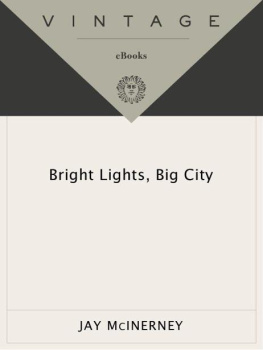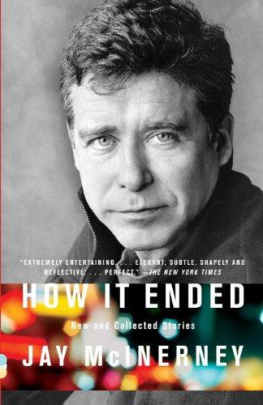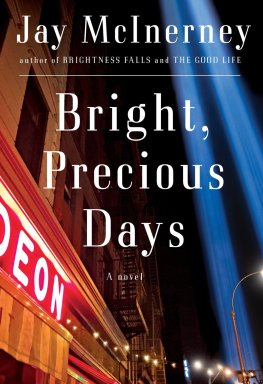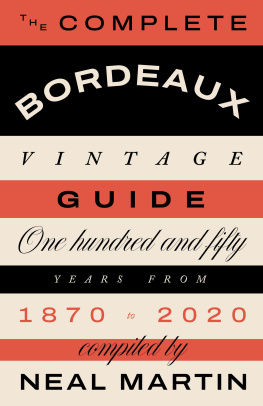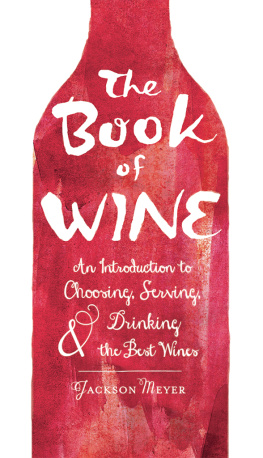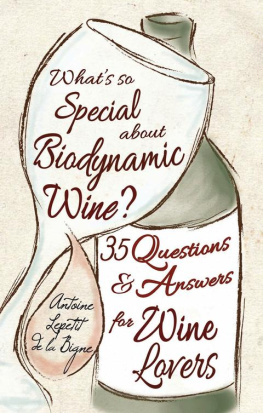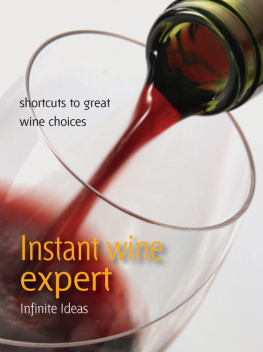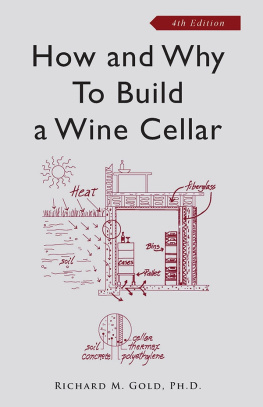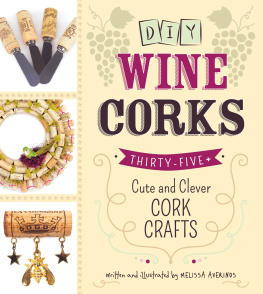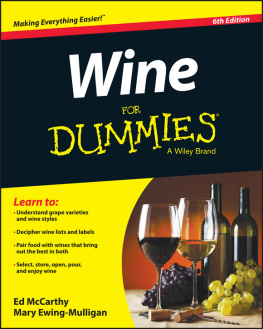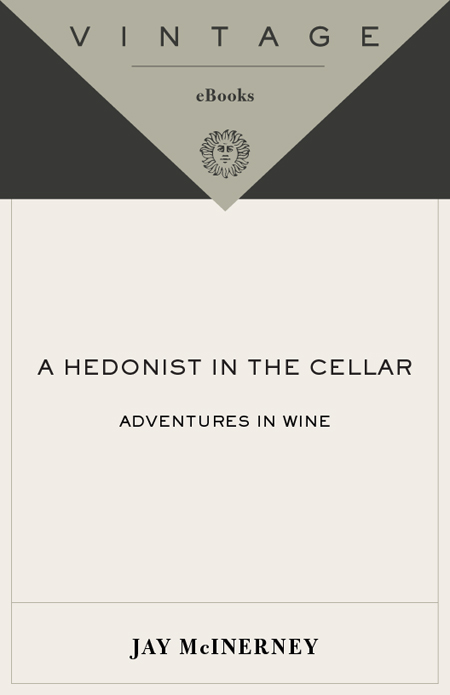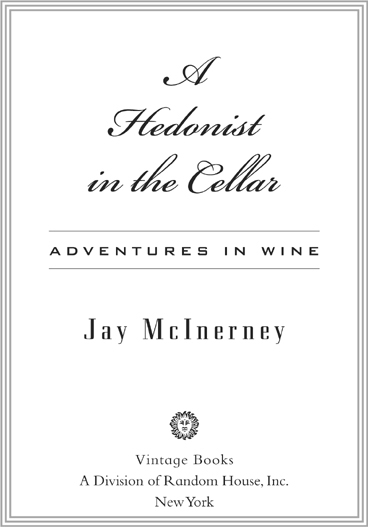I can certainly see you know your wine. Most of the guests who stay here wouldnt know the difference between Bordeaux and claret.
INTRODUCTION
My careers as a novelist and as a wine writer could both plausibly be said to have their humble beginnings in the Westcott Cordial Shop in Syracuse, New York. While studying with Raymond Carver and Tobias Wolff in the Graduate Writing Program at Syracuse University, I was working behind the counter of this boozeteria, located in a marginal neighborhood a mile or two from the university campus, when I heard that my first novel had been accepted for publication by Random House. And it was there, in between working on the revisions of the novel and riding out the occasional stickup at gunpoint, that I read through the proprietors dusty collection of wine books. A significant portion of our business was in the sale of that spirit-fortified grape juice which sustained hardcore, low-budget alcoholics: Night Train, Wild Irish Rose, MD 20/20. But we also sold some real winethat is, grape juice that had actually undergone fermentationand it was a tradition among the clerks to take home a bottle each night. I started with, as I recall, a two-dollar bottle of Yugoslavian Cab and worked all the way up to Freixenet, a Spanish sparkler that sold for $5.95 at the time. The owner also kept a small stock of Bordeaux and Burgundy on a shelf near the cash register, dusty bottles that had never moved during my tenure in the store. The day I heard my novel was to be published I bought one of them, a 1978 Smith-Haut-Lafitte, and while, objectively speaking, it was far from the best Bordeaux Ive ever had, I dont for a minute believe that wine appreciation is a strictly objective enterprise: Ive gotten far less pleasure out of more expensive and highly regarded bottles of Bordeaux in the years since.
Bad as some of the wine I was lifting from the store shelves was, it was probably an improvement, in an aesthetic and toxicological sense, from the harder stuff to which I subscribed in my early years in Manhattan. Oenophilia was a way of channeling the hedonistic impulse, of refining and intellectualizing it to some extent. Wine is an intoxicant, and we shouldnt pretend otherwise, although you might never know it on the basis of most of whats written in the wine journals. And lets face it: if it werent, we wouldnt be drawn to it. But it can provide intellectual as well as sensual pleasure; its an inexhaustible subject, a nexus of subjects, which leads us, if we choose to follow, into the realms of geology, botany, meteorology, history, aesthetics, and literature. Ideally, the appreciation of wine is balanced between consumption and pleasure on the one hand and contemplation and analysis on the other.
My interest in the grape has led me to some of the more beautiful parts of the worldAlsace, Tuscany, Provence, the Cape of Good Hope, the Willamette Valley, to name a few and brought me into contact with some of the most stimulating and congenial eccentrics of our time. Wine people are as a rule gregarious, generous, and passionate. The cult of Bacchus doesnt include many anal-retentive personalities. I learned a lot about viticulture from Angelo Gaja over dinner at a trattoria in Barbaresco, but what I remember most vividly was the story of how he smashed his television set with a sledgehammer after he decided his kids were watching it too much. And Ill never forget Joan Dillon at Chteau Haut-Brion talking about hijinks on President Kennedys yacht, or Allen Ginsberg disrobing in the offices of the Paris Review. Our love of wine is the fraternal bond that brings us together, and it is the lubricant that stimulates our conversation, but its a polygamous relationship that encourages and enhances our other passions. It leads us to other subjects and leads us back to the world. It lifts us up and delivers us from the mundane circumstances of daily life, inspires contemplation, and, ultimately, returns us to that very world, refreshed, with enriched understanding and appreciation.
Fermented grape juice is a far more potent catalyst for contemplation and meditation than a highball, or an eight ball. It is a sacramental beverage, a sacred and symbolic liquid. Do this in memory of me, Jesus said as he lifted a chalice of wine, and indeed wine can serve as a mnemonic device, a catalyst of memory. But that shouldnt prevent us from enjoying it unself-consciously. Wine is as serious or as frivolous as we wish to make it. Like sex, it has far too often been shrouded in mystery, hemmed in by taboo, obfuscated by technical blather, and assailed by puritans, though its enjoyment is, or should be, simple, accessible, and entertaining. Michel Chapoutier, one of the worlds most serious and successful winemakers, once ordered me to stop thinking so hard about a glass of wine I was nosing. If you think too much you kill it, he said. We were sitting on the terrace of his sprawling house at the crest of a ridge high above the Rhne River, just south of the town of Tain lHermitage, digesting a spectacular lunch with the aid of his 99 Hermitage vin de paille. The brain is a pleasure killer, he said, before concluding with the sort of politically incorrect analogy French wine-makers seem to adore: You dont need to be a gynecologist to make love. In Europe, where wine has been a part of daily life for thousands of years, American oenophiles are sometimes viewed as monomaniacszealous and somewhat narrow-minded converts to a generous and pantheistic faith. American wine lovers need to broaden their vision and relax: to see wine as just another aspect of the well-lived life.


